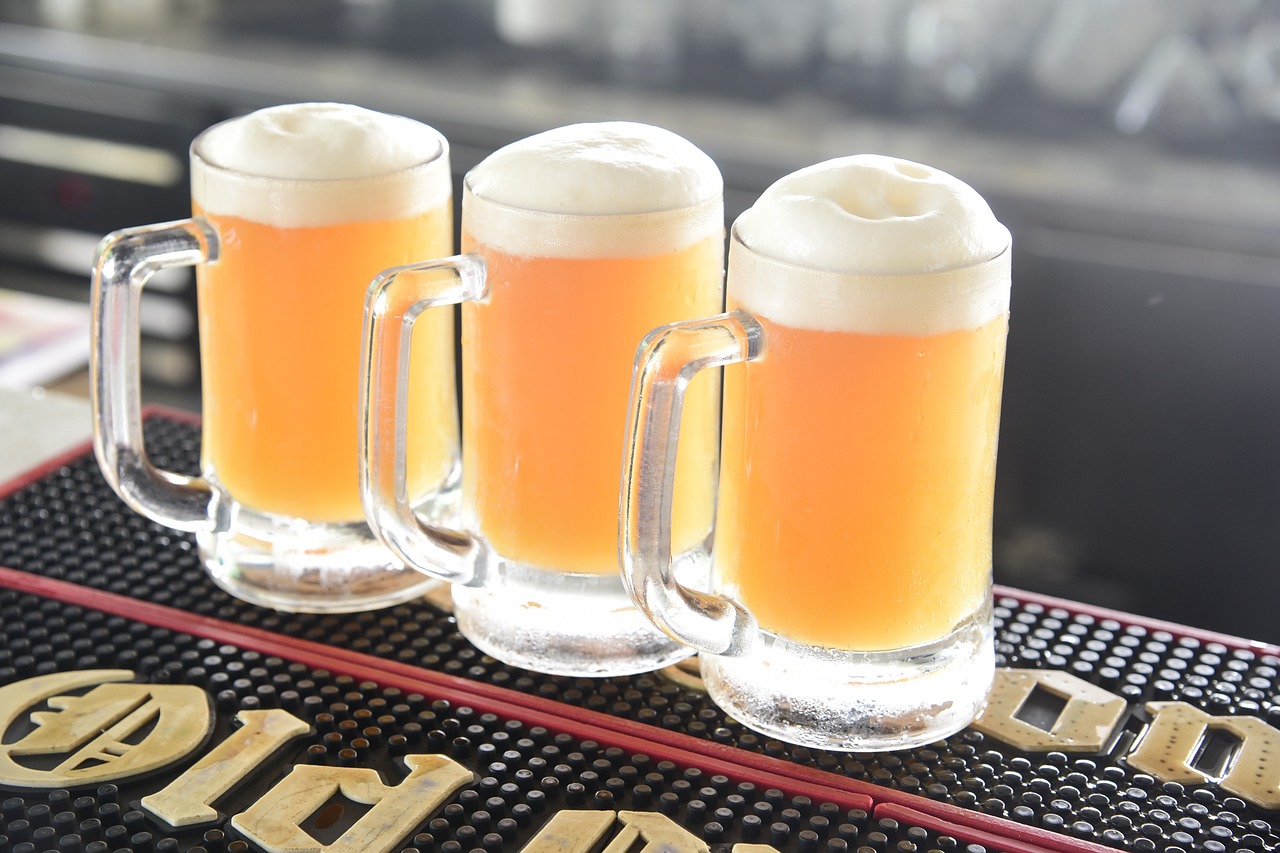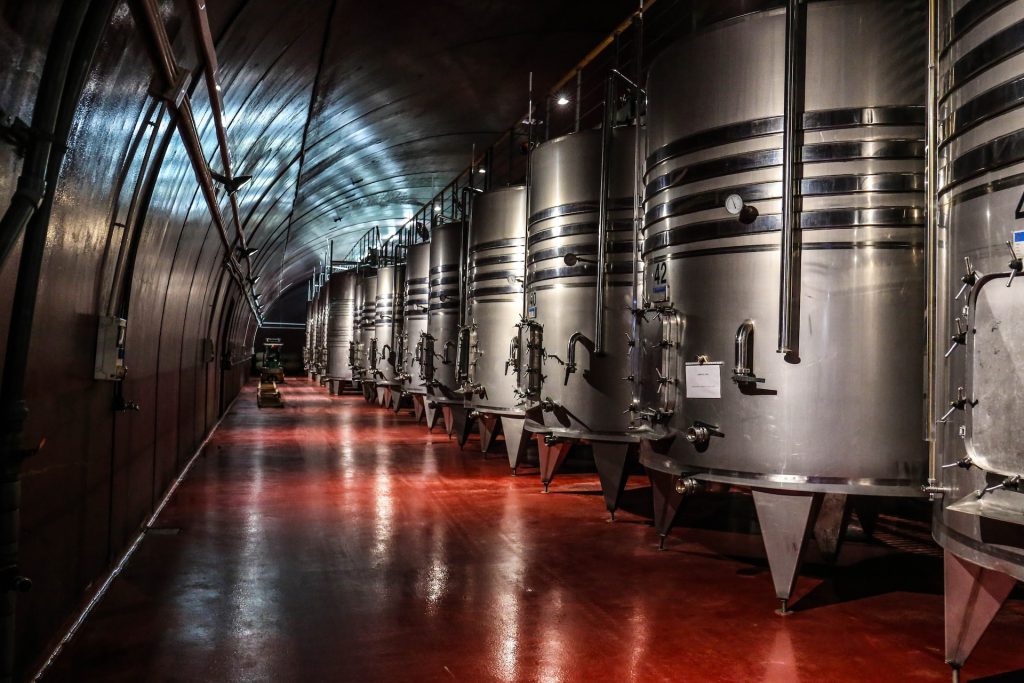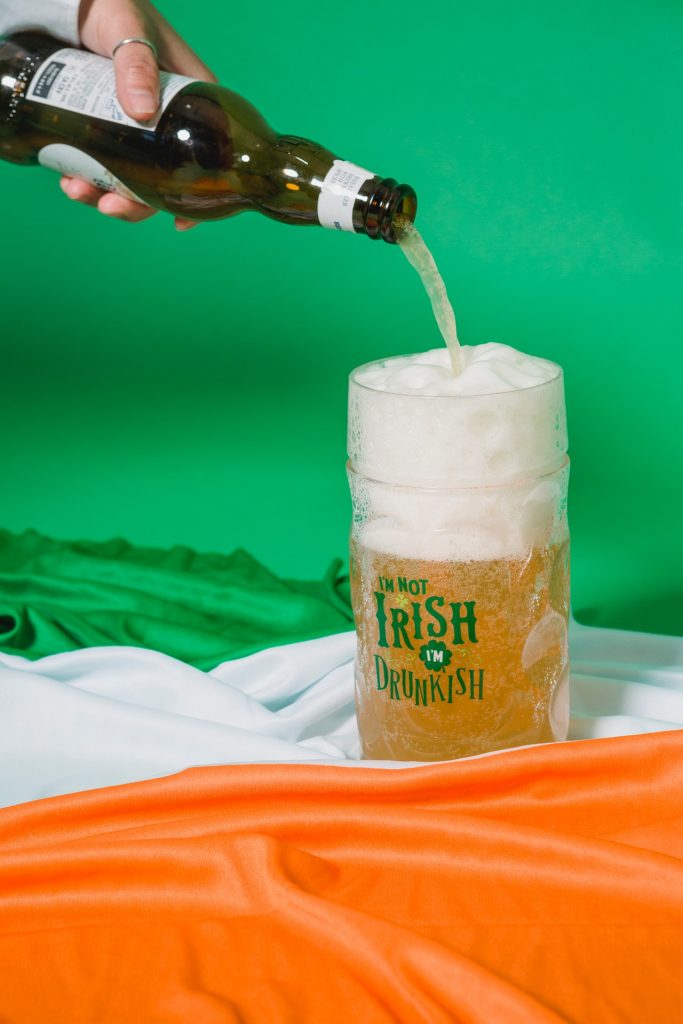
Mainstream beer and alcohol manufacturers have maintained a strong hold on the American beer retail market for decades. But the last two decades have seen quite a significant change in the industry, with craft breweries emerging as a force to reckon with as a market contender.
By 1985, there were less than 50 operating craft breweries in the United States. Today there are over 4,000 of them, with the last decade seeing the highest increase.
But making inroads in a big distributor-dominated market has not been easy. Luckily, the general uptake of technology among craft brewers has made it much more manageable.
If you are skeptical about introducing technology into your brewery management, this guide highlights how other brewers have been reaping big from technology so you can make up your mind.
Leveraging Technology To Improve Customer Experiences
Happy customers are crucial to business success. Traditional large-scale beer distributors have a market already cut out for them, so customer experience may not be among their priorities.

But it is not so for craft brewers. Unless you offer the best customer experiences, consumers will not have a reason to choose your business when they could have an alternative.
Providing the best customer experience involves hiring sufficient personnel to meet customer demands which can significantly push the cost of production and consequently affect competitiveness. But most craft brewers have not had to increase their personnel thanks to technology.
By leveraging technology, brewers can offer world-class customer experiences with the least resources. Brewers achieve this by automating the more repetitive tasks such as order tracking and order processing to ensure that the available human resource is engaged in matters that need human input.
This way, the cost of doing business remains relatively low while providing unmatched customer experiences.
Managing The Entire Production Process
Customer care is not the only area where technology gives craft brewers a competitive edge. Technology is revolutionizing brewery operations on all levels, including the production process.
With advanced software solutions, brewers can have recipes for different types of brews at their fingertips, streamlined TTB reporting, and automated raw material forecasting allowing the production process to go unhindered. Brewers then use the data-driven insights generated through technology to make informed decisions while efficiently scaling brewery operations.
Several brewery management software programs in the market offer different capabilities. You can try Ollie here to see what a brewery ops software solution can do for your business.
Data Collection
In today’s data-driven economy, craft breweries of all sizes are looking for new ways to optimize their operations. Technology enables brewers to collect data throughout production and marketing, advising decision-making.
Some of the data obtainable through technology include contact information, ordering preferences, customer ages, preferred means of making orders, or event responses to get a complete picture of the success of their business.
With this data, craft breweries have insight into what strategies work most effectively for their target audience, which helps grow their loyal customer base and expand their business.
Leveraging Technology In Marketing
Craft breweries are embracing technology to get a competitive edge in marketing – and it’s paying off. From leveraging social media platforms to setting up online stores, craft breweries have been able to reach new markets, increase brand visibility and engage with customers in creative ways that help them stand out from mainstream brewers.

With modern technology, craft breweries can target consumers with precision based on the data obtained through marketing tools. This kind of marketing is referred to as targeted marketing.
It often involves marketers basing their strategy based on where a buyer is in their buying journey, which is better at conversions than traditional approaches.
Even where craft beer marketers do not have the expertise to use such tools, they can leverage the services of experts in digital marketing to help achieve that goal which has played a significant role in shifting the focus from mainstream to craft beer.
You Do Not Have To Start Big
If you are hoping to introduce technology into your brewery, nothing should stop you because its impact has been proven over time. Introducing technology into your business may not be as expensive as introducing more hires. But you also don’t want to go all in at once to avoid being overwhelmed.
The best approach is incorporating one technology at a time and allowing yourself and your employees to learn the ropes before moving on to the next one. This approach also helps you determine if a specific technology is right for your brewery. Also, you do not have to wait to incorporate technology into your business.
The earlier you start, the more the chances of a smooth transition and having technology working for you to avoid the pitfalls that lead to a business collapse in the first years of the state.
Also, it would be a good idea to have someone with experience using technology to help you through the transition process. Luckily most service providers will help train your staff which can help make the transition much more manageable.







